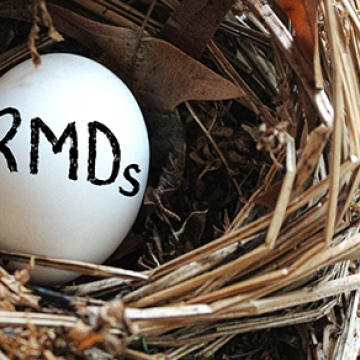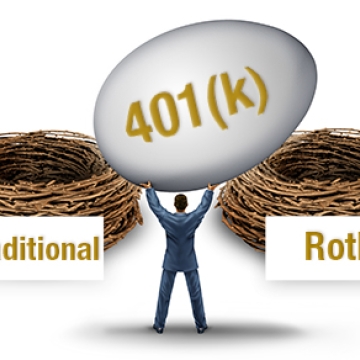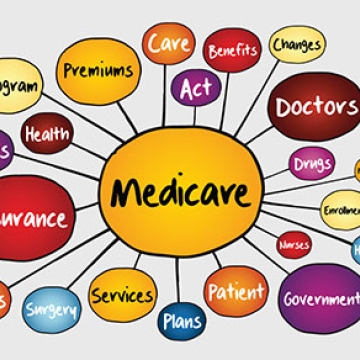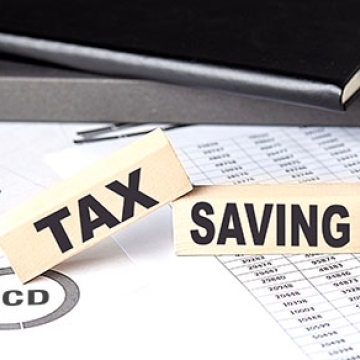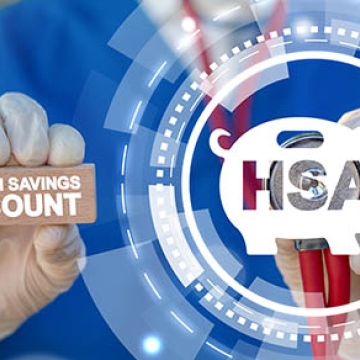Recent News & Blog / Individual Tax
Why you might want to file early and answers to other tax season questions
The IRS will start the 2025 filing season for individual income tax returns on Jan. 27. Even if you usually don’t file until April, you may want to file early. It can potentially protect you from tax identity theft. Another benefit of early filing is that if you’re getting a refund, you’ll get it faster. Contact SEK's CPAs and tax advisors for an appointment to prepare your return.
Answers to your questions about taking withdrawals from IRAs
You can’t keep funds in your traditional IRA indefinitely. You must start taking withdrawals from a traditional IRA (including a SIMPLE IRA or SEP IRA) when you reach age 73. However, if you take money out of a traditional IRA before age 59½, you may be subject to a 10% penalty tax and income tax on the distribution. Contact SEK's tax advisors and retirement planning advisors with any IRA questions.
Tax-wise ways to save for college
As higher education costs continue to rise, you may be concerned about how to save and pay for college. Fortunately, several tools and strategies offered in the U.S. tax code may help ease the financial burden. Below is an overview of some of the most beneficial tax breaks and planning options for funding your child’s or grandchild’s education. Contact SEK's tax advisors for more info.
Using your 401(k) plan to save this year and next
Socking away money in a tax-advantaged retirement plan can help you reduce taxes and help secure a comfortable retirement. If your employer offers a 401(k) or Roth 401(k), contributing to the plan is a smart way to build a substantial nest egg. Contact the tax advisors and retirement planning advisors at SEK with your questions.
How are Series EE savings bonds taxed?
Many people own Series EE savings bonds that were purchased many years ago that have now accrued interest. EE bond interest isn’t subject to state income tax and you can potentially not have to pay federal income tax on it. However, like all interest-bearing investments, savings bonds come with tax implications that are important to understand. Contact the CPAs and tax advisors at SEK to find out more.
2025 Rates & Dates
The IRS recently released the 2025 rates and dates, which includes individual tax rate schedules, roth retirement contributions, social security taxes, payroll tax deposit due dates for businesses, and more.
Adopting a child? Bring home tax savings with your bundle of joy
Two tax breaks help eligible parents offset the costs of adopting a child. In 2025, adoptive parents may be able to claim a credit against their federal tax for up to $17,280 of “qualified adoption expenses” for each eligible child. Contact the CPAs and tax advisors at SEK with help with your tax deductions.
Your guide to Medicare premiums and taxes
Medicare health insurance premiums can add up to big bucks — especially if you’re upper-income, married, and you and your spouse both pay premiums. Read on to understand how taxes fit in. Contact the CPAs and tax advisors at SEK with your tax questions.
Senior tax-saving alert: Make charitable donations from your IRA
Are you age 70½ or older and want to give to charity? You can make cash donations directly from your IRA to IRS-approved charities free of federal income tax with qualified charitable distributions (QCDs). Contact the tax advisors at SEK with questions.
Healthy savings: How tax-smart HSAs can benefit your small business and employees
As a small business owner, managing health care costs for yourself and your employees is challenging. So you may want to provide some benefits through an employer-sponsored Health Savings Account (HSA). For eligible individuals, HSAs are a tax-advantaged way to set aside funds (or have their employers do so) to meet medical needs. Contact the business advisors at SEK with questions.

